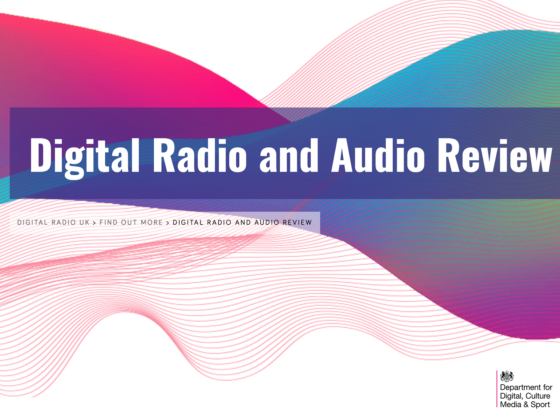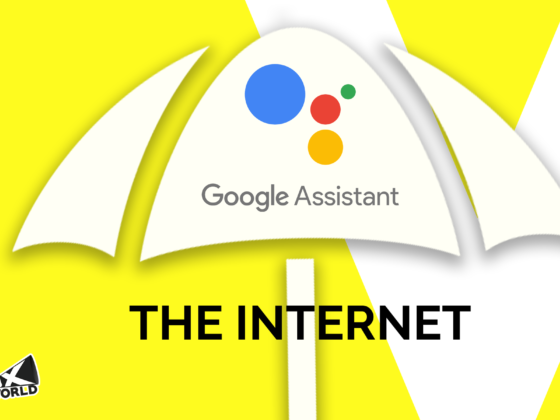Dr. Pete, Marketing Scientist at Moz, and world-leading SEO oracle, tells all about the voice search landscape, and how you can rank for searches on digital assistants like Google Assistant and Amazon Alexa.
This is a jam-packed episode with deep, deep insights, advice and guidance on all things voice search related. We’ll give you practical ways to compete to be the answer that’s read out in voice first searches, as well as some notions on the current and potential future benefit that could bring.
Voice search
There are all kinds of stats around voice search, which we’ve touched upon before.
- Gartner predicts that 50% searches will be voice based by 2020
- There are already over 1bn voice searches performed per month
With more people using their voice to search, how will that affect search marketers, content creators and brands?
What’s the difference between a voice search and a typed search?
Is there anything you can do to appear in voice search results?
We speak to one of the search industry’s top sources of SEO knowledge, Dr. Pete, to find out.
Getting deep into voice search
In this episode, we’re discussing the differences between voice search on mobile, voice first search on smart speakers and typed search.
We discuss the absence of search engine results pages (SERPs) in a voice first environment and increased competition for the singularity: the top spot in voice search.
We chat about the search landscape, the effect voice is having on search, changing user behaviour and expectations, new search use cases and multi modal implications, challenges and opportunities.
We get into detail about how voice search works on devices such as Google Assistant and Google Home. This includes debating Google’s knowledge graph and it’s advantages and disadvantages in a voice first context.
We look at the practicalities of serving search results via voice. This touches on the different types of search results, such as featured snippets, and how voice handles different data formats such as tables. We get into detail about the different types of featured snippets available and how each translate to work (or not work) on voice.
We discuss Dr. Pete’s work and studies in the voice first space including his piece ‘What I learned from 1,000 voice searches‘ and what he found.
We wrap up with some practical tips that you can use right now to start preparing for the influx of voice searches that’ll be hitting the air waves soon and help you start to rank in a voice first environment.
Our Guest
 Dr. Pete Myers (a.k.a Dr. Pete a.k.a. the Oracle) is the Marketing Scientist at Moz, the SEO giant and search industry leader.
Dr. Pete Myers (a.k.a Dr. Pete a.k.a. the Oracle) is the Marketing Scientist at Moz, the SEO giant and search industry leader.
Dr. Pete has been an influential search marketer since 2012 and has spent years studying Google’s search algorithm, advising clients and the SEO industry on best practice and guiding the industry into the future.
His research and writing on the topic has been helping brands keep on top of the search space, improve their rankings and business performance and has helped keep Moz at the top of the industry.
Moz has been at the top of the SEO chain since 2004 and is trusted by the whole SEO industry as the place to go for SEO tooling, insights and practical guidance.
Links
- Follow Dr. Pete on Twitter
- Follow Moz on Twitter
- Read Dr. Pete’s ‘What I learned from 1,000 voice searches on Google Home‘
- Read Dr. Pete’s work at Moz
- Read Why you need to prepare for a voice search revolution on Forbes
Where to listen
- iTunes/Apple podcasts
- Spotify
- Stitcher
- TuneIn
- iHeartRadio
- Pippa
- Any other podcast player you use or ask Any Pod to play V.U.X. World on Alexa




